#Noiret
Explore tagged Tumblr posts
Text



“Zazie dans le Métro” de Louis Malle (1960) - d'après le roman éponyme de Raymond Queneau (1959) - avec la jeune Catherine Demongeot, Philippe Noiret, Carla Marlier, Yvonne Clech, Vittorio Caprioli, Nicolas Bataille, Antoine Roblot, Annie Fratellini, Hubert Deschamps, Jacques Dufilho et les participations d'Odette Piquet et de Sacha Distel, septembre 2024.
#films#spirit#Paris#Malle#Queneau#Demongeot#Noiret#Marlier#Clech#Caprioli#Bataille#Roblot#Fratellini#Deschamps#Dufilho#Piquet#Distel
8 notes
·
View notes
Text

#1975#bertrand tavernier#rochefort#marielle#noiret#pascal#vlady#clavier#noel#maman#bruno#elisa#philippe dorleans#louis xv
2 notes
·
View notes
Text






cinema paradiso (1988)
#cinema paradiso#cinematography#film stills#giuseppe tornatore#philippe noiret#marco leonardi#pupella maggio#roberta lena
162 notes
·
View notes
Text


night of the witch
#ffxiv gpose#ffxiv#ffxiv oc#final fantasy xiv#elezen#ombralie noiret#rotating her fullspeed on friday night#no reason in particular#plus the light in the vault is gorgeous#when i dont have the energy to do a proper gpose all i do is take a couple shots on a 3/4 portrait format and call it a day lmao
80 notes
·
View notes
Text




Philippe Noiret and Silvia Monfort, La Pointe-Courte (dir. Agnès Varda, 1955).
#philippe noiret#silvia monfort#la pointe courte#agnès varda#1955#directed by women#screencaps#my edit#classicfilmsource#classicfilmbr#dailyworldcinema#oldfilmglobal#oldfilmsglobal#france
55 notes
·
View notes
Text
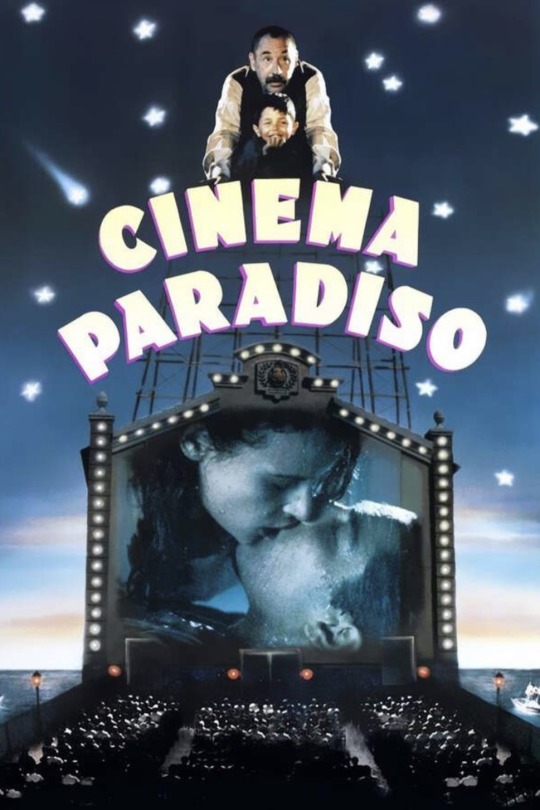
#movies#polls#cinema paradiso#80s movies#giuseppe tornatore#philippe noiret#jacques perrin#have you seen this movie poll
93 notes
·
View notes
Text

Philippe Noiret, October 1, 1930 - November 23, 2006.
With Bertrand Tavernier during the making of Life and Nothing But (1989).
20 notes
·
View notes
Photo

Cinema Paradiso (Nuovo Cinema Paradiso), Spanish lobby card. 1988
#submission#Cinema Paradiso#Nuovo Cinema Paradiso#Giuseppe Tornatore#Lobby Cards#Lobby Card#Philippe Noiret
13 notes
·
View notes
Text

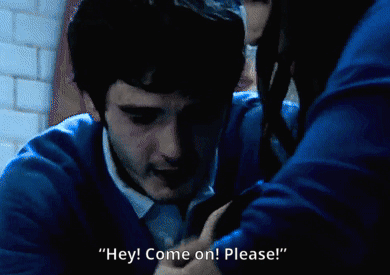


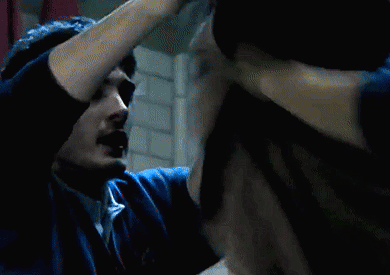

ivan and julia - el internado, season six, translated into english
#Iván noiret Leon#Iván Fernández Almagro#Julia Medina#julia Medina Jimenez#el internado#yon Gonzalez#blanca suarez
44 notes
·
View notes
Text
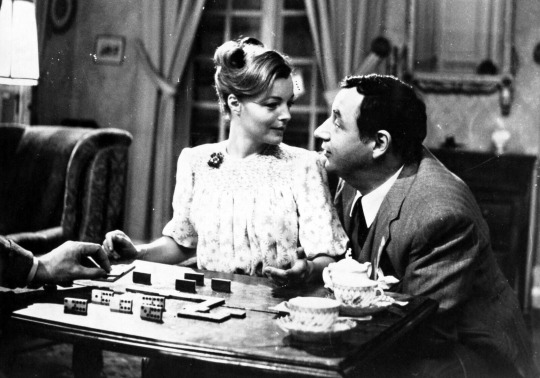
Romy Schneider et Philippe Noiret dans Le Vieux Fusil de Robert Enrico, 1975.
25 notes
·
View notes
Text

Philippe Noiret dans “Zazie dans le Métro” de Louis Malle (1960) - d'après le roman éponyme de Raymond Queneau (1959) - septembre 2024.
6 notes
·
View notes
Text

Jean Rochefort, Jean-Pierre Marielle, Philippe Noiret par Luc Roux, Les Grands Ducs, Patrice Leconte, 1996.
14 notes
·
View notes
Text

Cinema Paradiso (1988). Salvatore, a famous film director, returns to his hometown for the funeral of the local theater's film projectionist, Alfredo. He reminisces about his life as a young boy falling in love with cinema.
Honestly can't believe it took me this long (and The Oscars Project) to finally watch this one. What a staggering feat of cinema, not just a love story to the medium itself, but the community it creates around it. Profoundly beautiful and tender and oddly un-self-consious for a movie of this sort. An all-timer for me, I think. 10/10.
#cinema paradiso#1988#Oscars 62#Nom: Foreign Film#Won: Foreign Film#giuseppe tornatore#vanna paoli#philippe noiret#enzo cannavale#antonella attili#isa danieli#marco leonardi#jacques perrin#italy#italian#romance#father-son#mother-son#cinema#10/10
8 notes
·
View notes
Text

i hear the darkness breathe
#ffxiv#ffxiv gpose#ffxiv oc#final fantasy xiv#elezen#ombralie noiret#the crow is her spirit animal 🐦⬛ (along with cats. she's so cat coded)#suspicious at first#but then loving and smart in private
76 notes
·
View notes
Text
Cinema Paradiso, 1988
Cinema is Life, and Life is Cinema
Cinema Paradiso is a film about the magic of cinema and one that is closest to my heart. This nostalgic coming-of-age story explores the relationship between Toto (Salvatore Cascio) and Alfredo (Philippe Noiret), the cinema projectionist in the small Sicilian town of Giancaldo in the years following World War II. The narrative unfolds in flashback from Toto's point of view, structured around three stages of his life: childhood, adolescence, and adulthood. Directed with a great heart by Giuseppe Tornatore, the story is drawn from his childhood memories and was shot in Bagheria, Sicily, his hometown. The film went on to win several awards, including the 1989 Oscar for Best Foreign Language Film.
Many people attribute this film to igniting their cinephile journey, which is true for me as well. At its core, Cinema Paradiso is about love—love for family and love for cinema. It captures what cinema meant as a collective social experience and serves as a poignant reminder of why we fell in love with it in the first place. It is one of those rare films that can genuinely be described as cathartic. While many people visit Sicily for their love of The Godfather—a trip that’s certainly on my bucket list—I also wish to visit the place for Cinema Paradiso.
Widely considered one of the best Italian films ever made, the film features incredible performances by Philippe Noiret, Salvatore Cascio, Marco Leonardi, Jacques Perrin, and Pupella Maggio. Not to mention, the exquisite musical score by Ennio Morricone is one for the ages and will remain etched in my heart forever.
As with every piece of entertainment, Cinema Paradiso eventually comes to an end, and it does so in the most soul-stirring way possible. While finishing this review, I can’t help but ask myself: Will any film ever make me feel this way again?







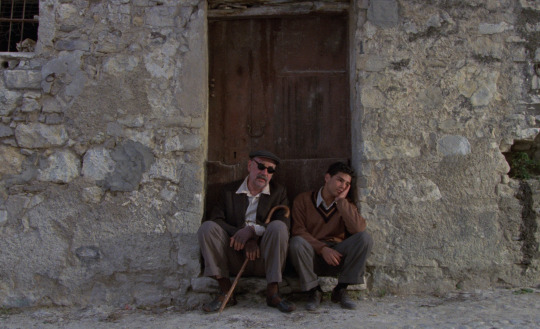


#cinema paradiso#giuseppe tornatore#jacques perrin#salvatore cascio#Phillippe Noiret#cinema#film#films#film stills#film review#movie review#art#movies#80s movies#Italian#italian cinema#ennio morricone#coming of age#academy award winner#sicily#sicilia#italy
10 notes
·
View notes
